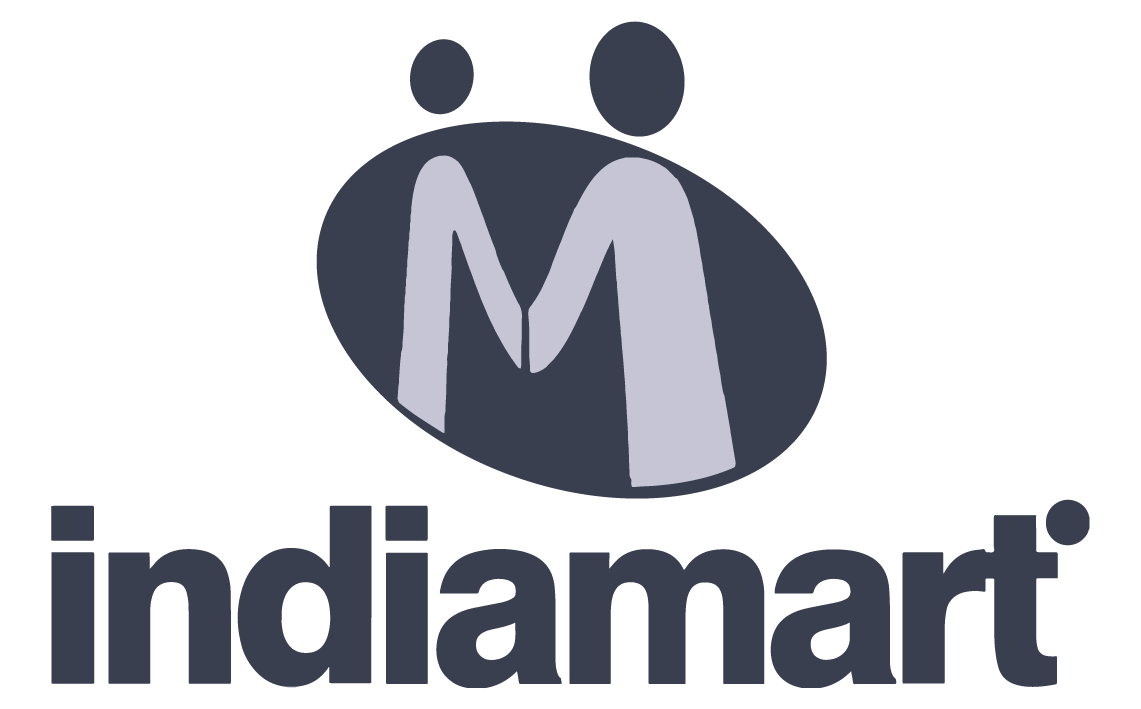Best Online Agency Based Institute For Advanced Digital Marketing Bootcamp Training Courses & Coaching Programs
t&f brings world’s 1st ever custom designed hands-on digital marketing training course to specifically fit everyone applying basis their specific needs, schedules, goals, and aspirations.
✓ Available online/In-office
✓ Live Interactive Sessions
✓ Free Recordings Access
✓ Hands-on Experience
✓ Live Agency Projects
✓ Build a Strong Portfolio
✓ Placement Support
✓ CV Improvisation
✓ Agency Internship
✓ Learn Client Onboarding
✓ Market-ready in 6 Weeks
✓ Land High-Paying Jobs

















